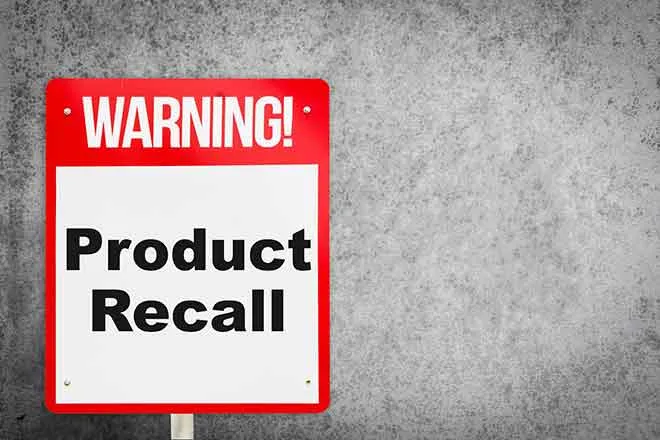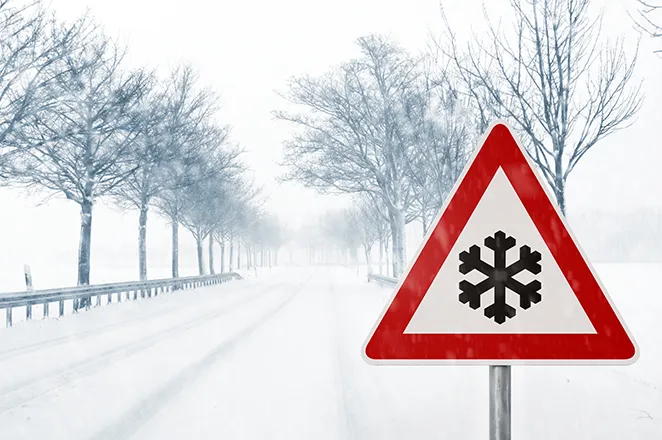
Radon: What’s the Hoopla All About?
by Chelsea Davis
Radon, maybe a word that you have heard buzzing around; but do you know what it is, why radon is a concern, how to test for it, and how to fix it? Radon is a naturally occurring radioactive gas that can cause lung cancer. You cannot see or smell radon and the only way to know if you have it is to test.[i] Why is it important for you to test in Colorado? Close to 50% of homes in Colorado exceed the EPA’s recommended action level of 4.0 picocuries per liter of air (pCi/L), which is like smoking 8 cigarettes a day. Colorado is ranked 6th in the nation for tests above the action level. Radon is the second leading cause of lung cancer in the United States and it is important to test. Radon is easy to test for and homes are easy to fix. Test, fix, save a life![ii]
How do I get started testing? Several counties in Colorado have received grants from the Colorado Department of Public Health and Environment (CDPHE) to promote radon testing and education. Kiowa, Prowers, Bent, and Baca counties have received grant funds and will provide FREE radon testing kits. These kits are limited in number, so hurry. The FREE test kits can be picked up at your local Health Department. These kits will be your basic 3-7 day “short term” test kits. Testing kits will also be available at each county’s health fair. Testing is recommended in the winter when your house is kept closed and your heating and ventilation systems are running.
What should I do if I get test results above the recommended action level? First, remain calm. If your test results are between 4 pCi/L and 8 pCi/L you can retest with a long-term test kit (90 days up to a year) to see if your results are actually lower over a longer term average. If your test results are above 8 pCi/L, you can retest with another short term kit. If the results are still above 8 pCi/L, we recommend you mitigate your home as soon as possible. Kiowa, Prowers, Bent, and Baca counties may be able to help with retesting.
Who can help me reduce the level of radon in my house? It is recommended that you seek the advice of a certified radon mitigation contractor to lower your radon risk. You can find a list of contractors at www.coloradoradon.info under the “testing and mitigating your home” link.
What should I do if I am buying a home? If you are looking to buy a house, you should ask your home inspector to do a radon test as part of the home inspection and read CDPHE’s publication “Radon and Real Estate Transactions” at https://www.colorado.gov/pacific/sites/default/files/HM_radon-CDPHE-Radon-and-Real-Estate.pdf
















